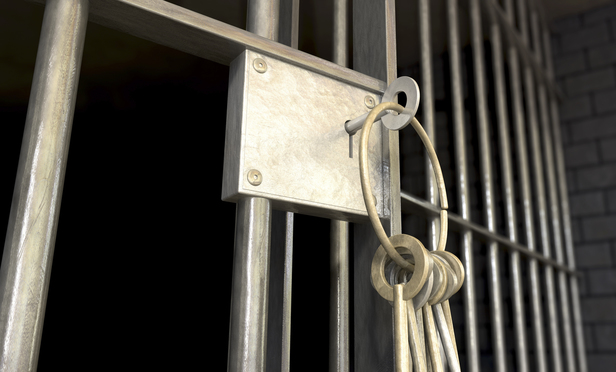The news these days is filled with stories about people who have spent years or decades in prison for crimes they did not commit. These exonerees (some represented by my law firm) include victims of mistaken witness identification, of coerced confessions, shoddy science, police or prosecutorial misconduct, or simply, mistakes. The DNA revolution sparked a wave of exonerations throughout the country, and made prosecutors, judges, and the general public question the reliability of many aspects of the criminal justice system.
According to a recent study, “a conservative estimate of the proportion of erroneous convictions of defendants sentenced to death in the United States from 1973 through 2004″ is “4.1 percent.”1 It is estimated there are 2.4 million people in prison in the United States.2 Assuming the percentage of wrongful convictions for all prisoners were 4.1 percent, then almost 100,000 people are wrongfully imprisoned in this country. It is reasonable to believe, however, that the wrongful conviction rate is higher for the general population than for prisoners on death row, whose cases generally receive far greater attention, resources, and scrutiny than the typical criminal case.
This content has been archived. It is available through our partners, LexisNexis® and Bloomberg Law.
To view this content, please continue to their sites.
Not a Lexis Subscriber?
Subscribe Now
Not a Bloomberg Law Subscriber?
Subscribe Now
LexisNexis® and Bloomberg Law are third party online distributors of the broad collection of current and archived versions of ALM's legal news publications. LexisNexis® and Bloomberg Law customers are able to access and use ALM's content, including content from the National Law Journal, The American Lawyer, Legaltech News, The New York Law Journal, and Corporate Counsel, as well as other sources of legal information.
For questions call 1-877-256-2472 or contact us at [email protected]



